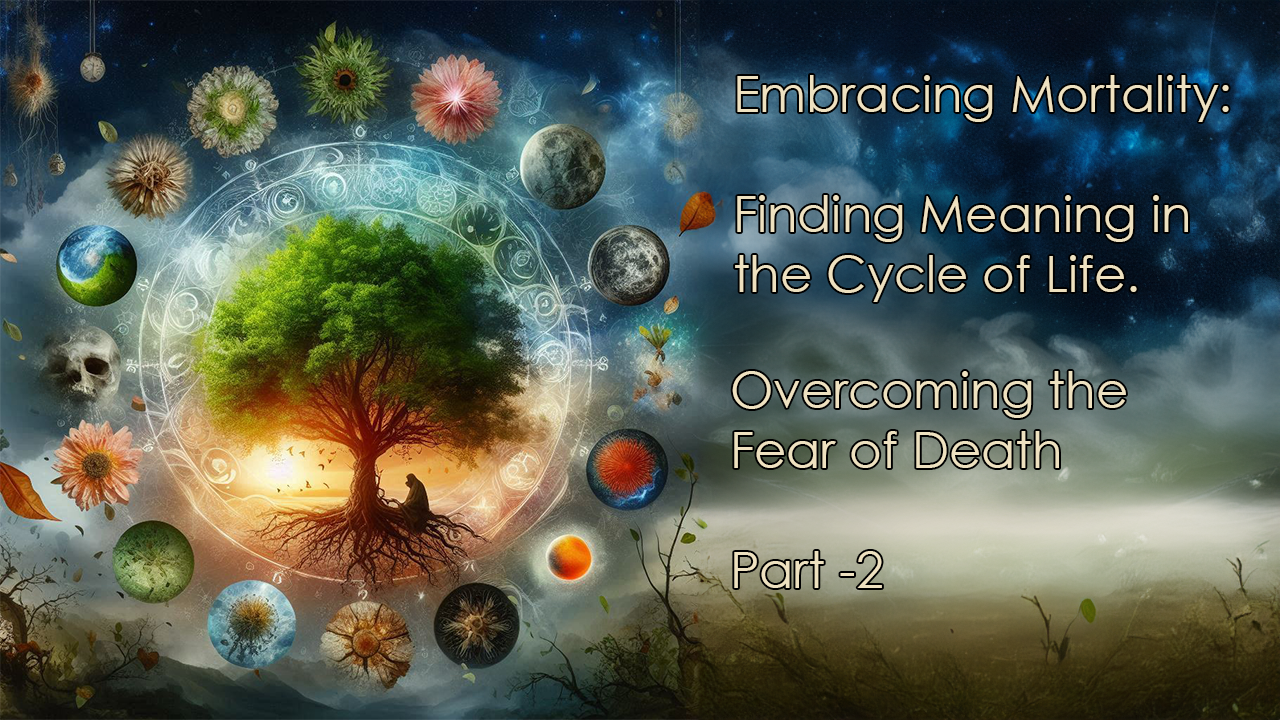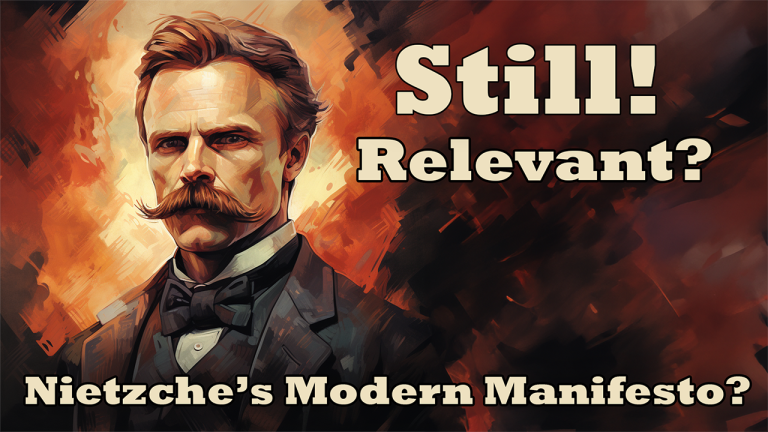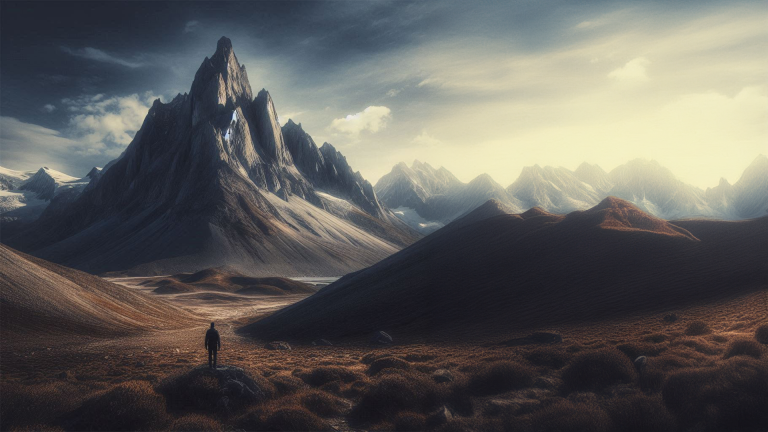
Crash Course Death Anxiety part 2
When you are young, the pain of mortality is incredibly severe, very often the thought of death and dying when you are at your most vital and full of life can be overwhelming and suddenly terrifying. This is of course, natural, and normal. There is nothing bad in nature and the apprehension of death as well as death itself is a part of nature.
The real cause of death is birth, all things that live must ultimately die and that is a good thing, the laws of physics allow for no other possibility, but wouldn’t it be nice to live forever you may think, to remain always young, healthy, fit, and full of vigour for all time and eternity. I used to feel the same way when I was a callow youth, but now that I’m older, I’m 53 at the time of writing this I can honestly say that my opinion has changed. It’s a good thing that we die and that’s because, like most adults, I have experienced loss.
My father has died, I’ve also lost good friends and family members along the way. Every day I make an unconscious effort to remember them, I also speak to them, sometimes out loud, whenever I come across an old possession of theirs that is now mine. I say, either to myself or aloud, that I am grateful for this thing, this small trinket, this connection to the past, this helpful reminder of times past and their existence.
Sometimes their memory comes back to me when I am relaxed, whilst walking the dog for instance, or when reading a book, lying on the couch, or whenever I am merely thinking on times past, reliving memories, as all of us are want to do. I miss them and I love them, but sometimes the pain of this, is unbearable. I would trade the entire universe to get any one of them back. Grief is a terrible thing, an unbearable sadness that never really goes away, even when you accept that they are dead and that they will remain dead, and you will never be reunited again, at least in this earthly life, but funnily enough you do find a way to live with it. The sadness of grief becomes instead a longing for reunion, a romanticised nostalgia in which all of their faults, errors and sins are forgotten, whilst their virtues are celebrated. This is probably the reason why most people still believe in an afterlife, a blissful place where you will once more meet with and be able to spend time with your loved ones in a perfect setting beyond pain, anguish, despair, or stress. The Elysium fields of ancient Rome, or Plato’s Realm of Perfect Forms now mutated into a Judeo-Christian Heaven in which we too will be perfect, and get to spend time with other perfect people, true believers as well as our long-lost friends, pets, and families. Good friends, all. Even animals whose natural life span is much shorter than ours are deeply missed, and all of this occurs in a mere 53 years. Can you imagine an eternity like this, an eternity of loss, when all friendships, all relationships are ephemeral, it’s not a good life, it’s the opposite of a good life, it would be a curse.
But then you might say, but wouldn’t we all be immortal, wouldn’t we all live forever, there would be no loss? That may be true, but it’s still equally bad. Every good person lives forever, but so does every bad person. Hitler would still be alive and presumably in prison, nearly a century after his evil deeds, Stalin would still be running the Soviet Union and millions of people would be labouring under the orders of tyrants everywhere. It’s essential for the good of humanity that the old die off and that newer younger thinkers and leaders replace them, most people go through life with the mindset they grew up with, seeing no need for change. Can you imagine the state of the world today if someone like Genghis Khan was still alive and ruling his vast empire with modern technology.
Ah, you might say, but we could still imprison and kill bad people, so you admit that death is sometimes necessary and if it’s necessary for bad people, it should by extension be necessary for good people. The good people of medieval Europe would be the bad people of today, they would have very different values and by extremely intolerant of our newer, more liberal ethics, so it’s good that they are no longer here.
So, we must get used to the idea that death is not only necessary, but useful, both societally and politically. Death liberates us from our earthly pains and the unbearable burden of having to carry our remembrance for all of time and, this is a good thing. It also allows new life and new ideas a place in the world, making it an agent for change. Winter comes before spring, both in the mind as well as the world beyond our skin.
I love looking at the spring flowers, the new blooms, the vibrant green of the young leaves on old trees and in doing so, I celebrate the most wonderful part of all new life and that is potential. What will this sapling become? How pretty will this flower be in the fullness of time? The same applies to children and young people in general, I marvel at their potential for greatness and it’s my wish that they all strive to be the best people that they can be, to live happy lives of realised potential in exactly the same way that the older people now dead used to wish the same for me.
It’s the cycle of life, our reality is one in which we’re all small parts of a great machine that is eternal, we may not last forever, but our words, deeds, thoughts, and actions all have a bearing on the great machine of civilisation, of human flourishing, and it’s this that we need to be mindful of in the present. We’re small cogs, but we are not replaceable, the cosmos emanated us into existence and one day, we too will disappear to be replaced by another who might possess some of our things and hopefully remember us fondly, feeling pain at our loss. Should they do so, then it’s a good thing, because it means that we’ve succeeded in the game of life, that we have been loved and have loved in return!
When it’s all said and done, this is the most important thing in the world, that we love and be loved. There is nothing greater nor more wonderful, a good life is one that is passionately lived, full of joys, triumphs, sadness, and despair, gain and loss, none of which would be possible without the ever present awareness of death, so we must get used to this and stop thinking of death as a terrifying spectre that snatches us away from this life, but instead as an old friend, someone who has walked with us since birth, shared every moment with us, enjoyed our triumphs, wept at our sadnesses and is always there for us, our best witness and best friend who makes all things valuable. One day he will join hands with us and together we’ll enter the great beyond, death is not only born with us, but also dies with us, our death becomes the death of death!

